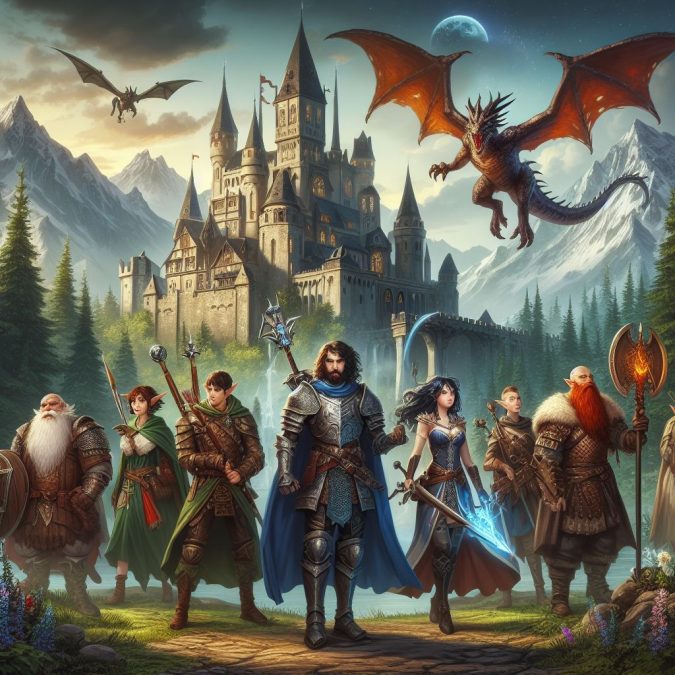Traditional approaches to game narrative have often relied on meticulously scripted sequences – pre-defined arcs that guide the player through a carefully authored experience. While this allows for control and precision in storytelling, it also introduces inherent limitations: predictability, limited reactivity, and a degree of rigidity in response to player choice. Procedural design, particularly in the realm of quest and narrative generation, offers a compelling alternative, promising a future where game stories become uniquely tailored, dynamic, and truly responsive to player actions.
At its core, procedural design employs algorithms and structured randomness to create content within a game: quests, environments, items, even core narrative elements. This approach introduces a crucial element – the unscripted. Rather than a single fixed narrative path, the game’s story space becomes a realm of potential. Player choices, playstyles, and the emergent interactions between game systems can now influence the shape of the narrative experience itself.
One of the transformative aspects of procedural design lies in its ability to foster player agency. When quests, encounters, and even major narrative shifts can arise from player actions, the sense of personal impact within the game world deepens. Choices made in a title with strong procedural elements carry the potential for cascading consequences, not merely within the mechanics of the game but within the narrative itself. This sense of shaping one’s own story arc fosters a powerful connection and sense of investment unparalleled in purely authored narratives.
Another compelling advantage of procedural design is its potential to cultivate emergent narratives. While overarching story themes and lore may still be guided by the designers, the intricate details, the smaller moments of character interaction, the “in-between” of the major story beats, can be filled dynamically. Systems focused on faction reputation, NPC relationships, and persistent world states combine with procedural generation techniques. The result is a living tapestry of potential stories, unique for each playthrough, where the player feels like a genuine participant in an evolving world rather than merely an observer of a pre-written script.
Procedural design also has implications for replayability. By algorithmically crafting quests, environments, and narrative fragments, the game can present players with meaningfully different experiences across multiple playthroughs. This addresses a core limitation of linear storytelling – once the script has been revealed, the potential for surprise diminishes considerably. Procedural approaches foster a sense of the unknown with each iteration, motivating ongoing engagement.
Importantly, the future of game narratives need not be entirely unscripted. The most compelling experiences will likely embrace a hybrid approach. Core story beats and thematic arcs can still be carefully crafted, while the dynamism of procedural generation fills in the compelling details, ensuring both a sense of authorial control and the unparalleled responsiveness that procedural systems provide.
Ongoing challenges do exist. Ensuring procedurally generated content maintains quality, aligns with lore and themes, and avoids dissonance with the game’s core messages is a continuous design challenge. However, evolving techniques, such as machine learning-driven content generation, and the increasing sophistication of ‘Director AI’ systems hold the promise of refinement over time.
Procedural design represents a fundamental shift in how we approach game narratives. By relinquishing a degree of control and embracing the possibilities of the unscripted, we open the door to uniquely personal player experiences, a greater sense of consequence through agency, and a near-limitless horizon of replayability. The narratives of tomorrow will not merely be written, they will be co-created, with players becoming genuine authors in dynamic, living worlds of their own making.





